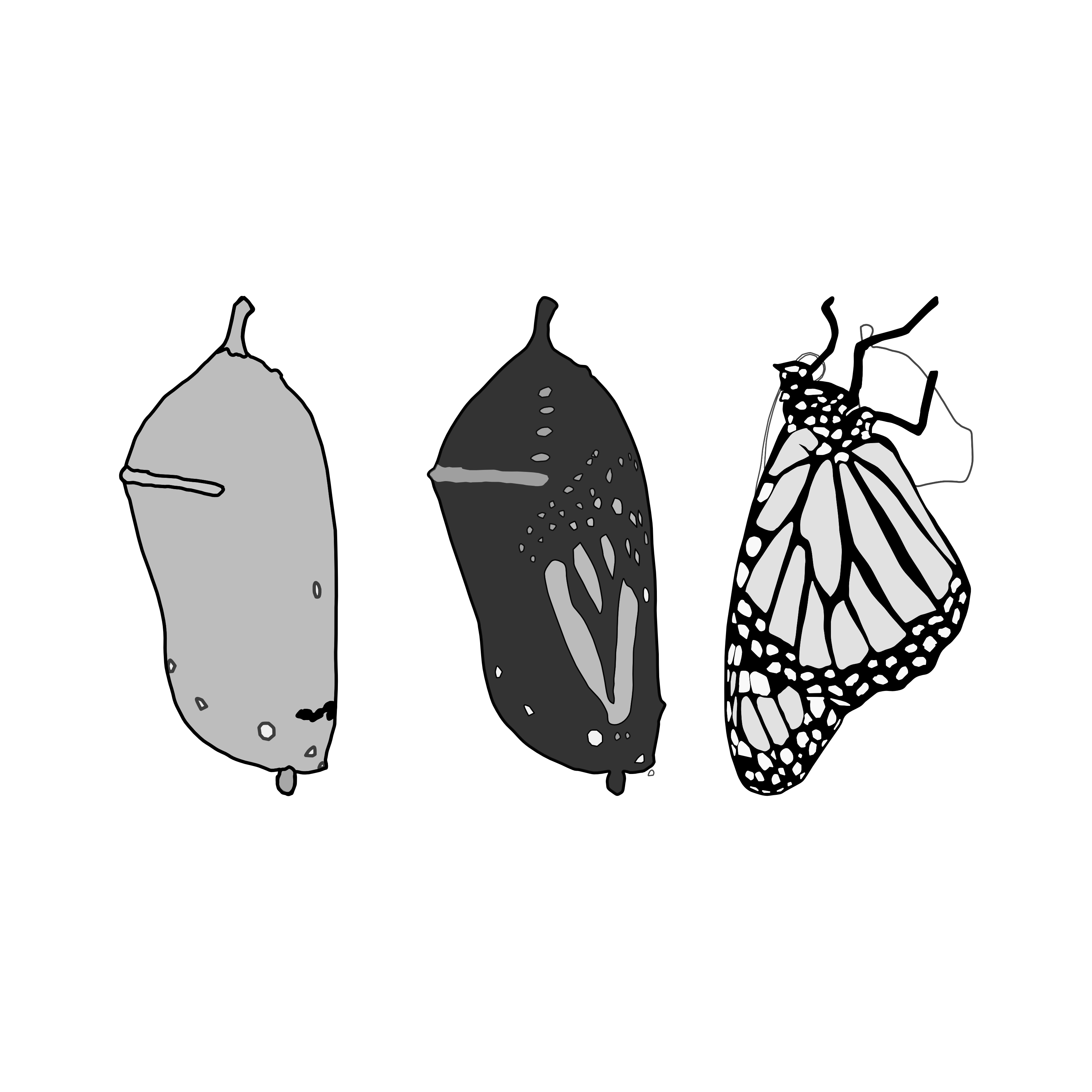Anyone who has been through the painstaking and arduous process of coming off of psychiatric drugs knows that the healing journey is not linear. This is one of the hardest parts of the whole process, because it feels like you cannot trust the improvements that seem like progress. You just never know when some stressor–or no identifiable trigger at all–may throw you into debilitating, frightening and painful symptoms again.
If you are in the midst of a setback right now, I am so sorry. I see you and your struggle, and I see how much you want to feel better.

Supporting Yourself Through a Setback
The question of what to do and how to navigate when you have had a setback is in some ways very personal, and depends on your history and your current situation. What I will share here is not prescriptive, and not everything will be applicable to everyone. I am offering you what helped me on my own journey, and what I have seen help many others who I’ve worked with over the years. The list below is in no particular order, and I encourage you to approach the suggestions based on what feels intuitively right for you—you already know what you need.
- Recognize that there isn’t always something to “do” per se. Your body already knows exactly what it’s doing and how to heal. As absolutely counterintuitive as it can feel, sometimes simply surviving one moment and one breath at a time are all that is necessary until something shifts again.
- Be gentle with yourself, and offer yourself a lot of compassion and grace. You deserve your own exquisite kindness and tenderness through your struggle. What would you say to your best friend if they were in your situation? How would you show up for them? See if you can offer some of those same things to yourself.
- Consider the possibility that what we call “symptoms” are really the body’s protective mechanisms and healing responses. Consider that they might serve a purpose, even when they are terrifying, excruciating, debilitating, or don’t seem to make sense. This perspective can help things feel a little less overwhelming. (If the idea that symptoms are healing responses feels upsetting or unsettling for you, I encourage you to get curious about why.)
- Get yourself outside into fresh air and sunlight as much and as often as your body and the weather will allow. Better yet, touch the earth with your bare feet or your bare hands whenever you can. If getting outside at all even for a moment feels truly inaccessible to you, then sit by an open window as much as possible. Natural light, fresh air, and direct contact with the earth are incredibly regulating for the nervous system and healing for the entire body. I really wish I had understood the importance of these things a lot earlier on my own journey.
- Ask for help and support if you need it. Let your people help you with day-to-day tasks and obligations if they’re willing to do so. Let them create space to see and hear you in your struggle, and to help you find ways to structure your life in order to better cope. It’s absolutely true that often our people don’t really understand, but I have found that more often than not folks still want to show up and help if they can. Family, friends, a withdrawal-wise therapist or coach, a trusted mentor or member of your community, and online forum spaces can all be invaluable resources through a setback.
- As much as it is possible to minimize stress across the board, the better. Be mindful of what you expose yourself to, and of how your nervous system responds. This includes people, places, things, substances (including supplements and foods), and stories/beliefs.
- Let go of your resistance to what is. So much easier said than done, I know, especially when things seem particularly bleak. As horrific and untenable as your current setback may feel, if you resist your present moment experience it will be even harder to bear. This is another thing I wish I had understood a lot earlier. Time and time again, what I see is that when we are able to let go of our resistance in the present, we actually suffer less and it creates a little more space to keep going.
- Don’t get hung up on trying to figure out “why.” If there was an obvious catalyst for your setback then that’s information for you. But often there isn’t anything obvious. What I see frequently is that getting hung up on trying to figure out exactly why it happened wastes precious attention and energy, that is much better spent on simply seeing yourself through.
- Remind yourself that many, many others on this journey have experienced major setbacks and found their way through to the other side. There are so many reasons to believe that you will too, no matter what your fearful thoughts may tell you.
Patience, Support, Perspective
Depending on the specifics of your setback, working with a withdrawal-wise support professional both for some perspective and to help you think through the particulars of navigating your situation, might be especially helpful. But always remember that you are your own best expert. It will take whatever time it takes to heal. Please do not let this setback, or any of the time you have been suffering and struggling, tell you anything about your future. So much is possible.
Reminder: Everything written here is for informational and support purposes only and is not medical or personal advice.
